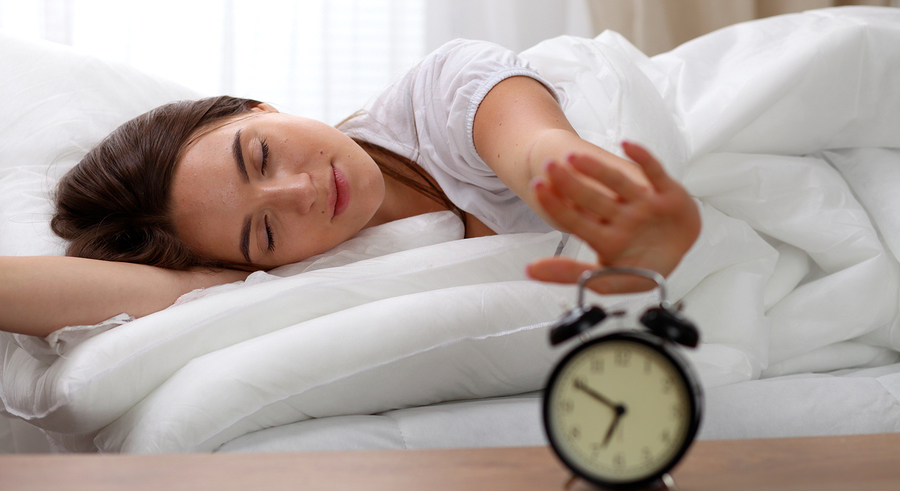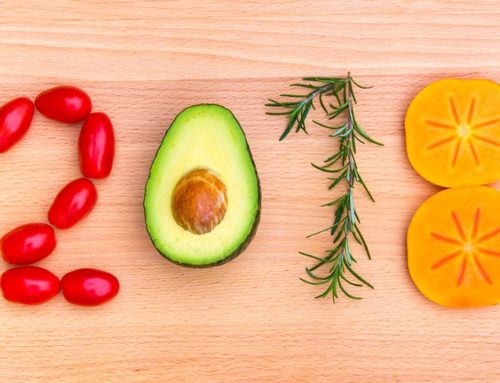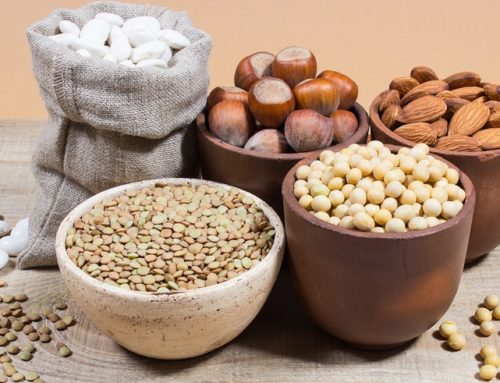Did you know that what you eat can affect how you sleep? Surprising, I know! But as it does with so many other areas of health, our nutritional choices can impact our sleep as well. Good quality sleep is important for many areas of health, including memory and focus, physical performance, emotional health, and weight management. Here are some of the best eats for good sleep – and a few to avoid if you’re looking to catch some zzz’s:
- Bananas. These fiber-packed fruits are loaded with several key minerals when it comes to good sleep, notably, Potassium[1] and Magnesium. They both play a role in helping to relax our nerves and muscles and promote healthy circulation. Magnesium deficiency has also been linked to several sleep disorders, including insomnia and Restless Leg Syndrome (RLS)[2].
- Milk. Your mom was right to give you a warm glass of milk before bed. This soothing dairy drink contains both Calcium, and the amino acid tryptophan – two nutrients used to maintain the hormone melatonin. Melatonin is responsible for regulating our sleep-wake cycle. It rises at we prepare for sleep, and falls again when we wake. Sub-par levels of it in our bodies can interfere with our ability to fall asleep, and stay asleep.
- Cherries. These tasty treats are one of the few naturally occurring dietary sources of melatonin. Research has indicated that 2 glasses of cherry juice a day can improve both sleep quality, and duration[3]. To avoid the high level of sugar in juices, choose fresh cherries for a snack instead.
- Caffeine. While we may appreciate its stimulating effects in the morning, caffeine won’t do us any favors in the sleep department. Research shows insomnia symptoms to be reported by 20-30% of caffeine users, especially difficulty staying asleep. And the caffeine-laden sleep we do get is not the important restorative variety
- High fat foods. Consuming too many fatty foods is a bad idea, especially close to bedtime. Fat tends to stick around in our gut longer, and can aggravate those prone to acid reflux at night.
As always, choosing a variety of healthy foods, and staying hydrated are essential parts of staying healthy. For more on sleep and the diet, check out our healthy living classes on the portal.
[1] Mossavar-Rahmani Y, Jung M, Patel SR, et al. Eating behavior by sleep duration in the Hispanic Community Health Study/Study of Latinos. Appetite. 2015;95:275-284. doi:10.1016/j.appet.2015.07.014.
[2] Yasmin Mossavar-Rahmani, PhD, RD, Molly Jung, MPH, Sanjay R. Patel, MD, MS, et al. Clinical, EEG, electromyographic and polysomnographic studies in restless legs syndrome caused by magnesium deficiency. Rom J Neurol Psychiatry.1993 Jan-Mar; 31(1):55-61.
[3] Howatson, G., Bell, P.G., Tallent, J. et al. Effect of tart cherry juice (Prunus cerasus) on melatonin levels and enhanced sleep quality. Eur J Nutr (2012) 51: 909.
[4] Chaudhary NS, Grandner MA, Jackson NJ, Chakravorty S, Caffeine consumption, insomnia, and sleep duration: Results from a nationally representative sample. Nutrition. 2016 Nov-Dec;32(11-12):1193-9.





